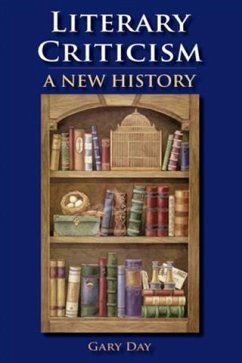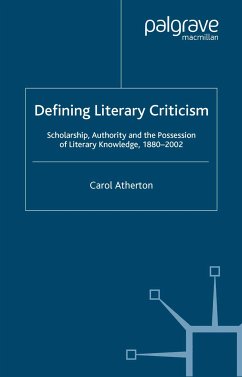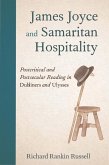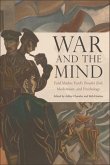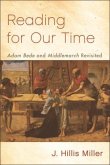A THE Book of the WeekHow many people know that Aristotle thought the best tragedies were those which ended happily? Or that the first mention of the motor car in literature may have been in 1791 in Boswell's Life of Johnson? Or that it was not unknown in the nineteenth century for book reviews to be 30,000 words long!These are just a few of the fascinating facts to be found in this absorbing history of literary criticism. From the Ancient Greek period to the present day you learn about critics' lives, the times in which they lived and how the same problems of interpretation and valuation persist through the ages. In this lively and engaging book, Gary Day questions whether the 'theory wars' of recent years have lost sight of literature itself, and makes surprising connections between criticism and a range of subjects, including the rise of money.General readers will appreciate this informative, intriguing and often provocative account of the history of literary criticism; students will value the clear way in which it puts criticism into context; and academics will enjoy getting to grips with this challenge to the prevailing view about the nature of current theory. Key Features:*The author is a well-known writer and critic, and has been a regular contributor to the Times Higher*Integrates a wide range of writers, critics and texts into a continuous history*Passionately defends the idea of the 'literary'
Dieser Download kann aus rechtlichen Gründen nur mit Rechnungsadresse in A, B, BG, CY, CZ, D, DK, EW, E, FIN, F, GR, HR, H, IRL, I, LT, L, LR, M, NL, PL, P, R, S, SLO, SK ausgeliefert werden.

